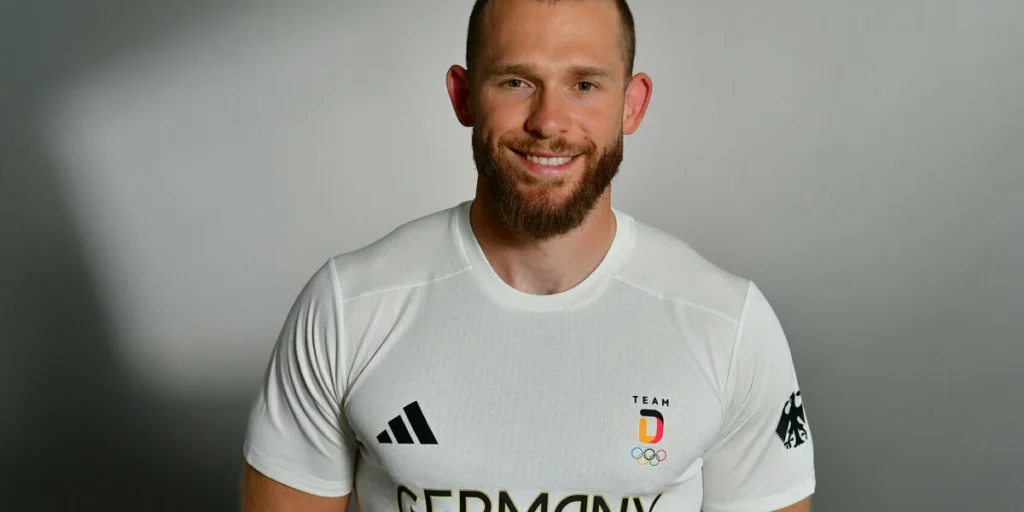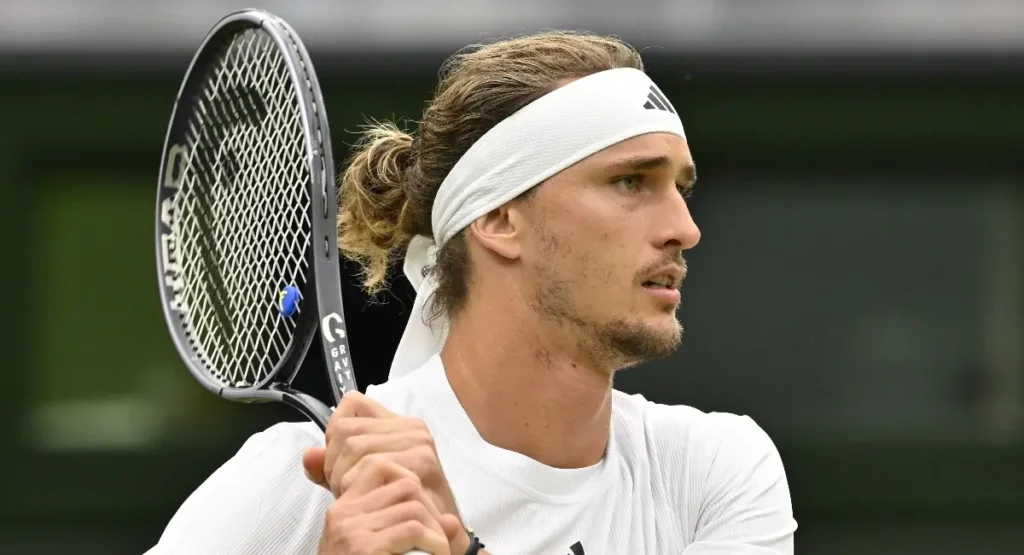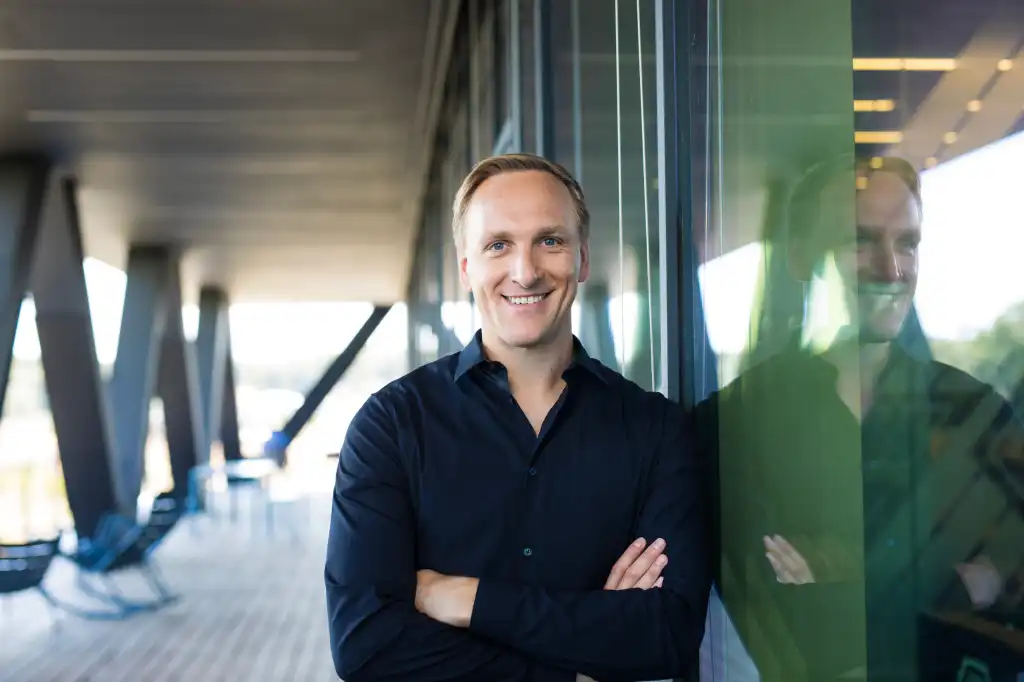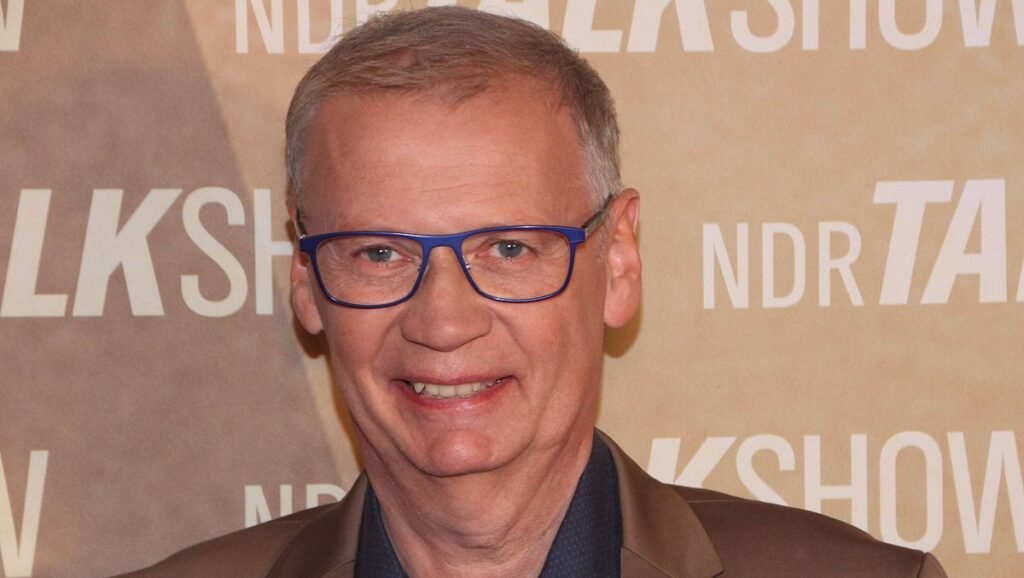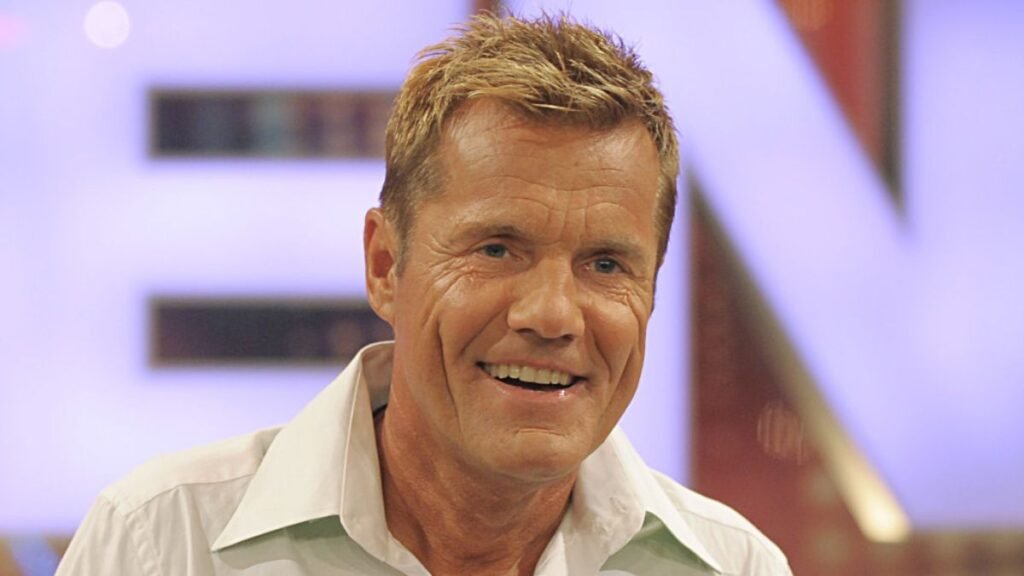Mark Rutte is a Dutch politician who has been Prime Minister of the Netherlands since 2010. He is a member of the People’s Party for Freedom and Democracy (VVD). Rutte is well-known for his leadership style, characterized by pragmatism, calmness, and diplomacy. His long tenure as prime minister makes him one of the most prominent political figures in the Netherlands and Europe. Beyond his political career, Rutte has also served in various roles within the private sector and academia.
| Full Name | Mark Rutte |
| Date of Birth | February 14, 1967 |
| Place of Birth | The Hague, Netherlands |
| Nationality | Dutch |
| Political Party | People’s Party for Freedom and Democracy (VVD) |
| Occupation | Prime Minister of the Netherlands |
| Years in Office | Since 2010 |
| Education | Master’s in History, Leiden University |
| Previous Jobs | Unilever, State Secretary for Social Affairs, State Secretary for Education |
| Net Worth | €2 million (2024) |
| Notable Achievements | Longest-serving Dutch Prime Minister |
Mark Rutte Net Worth
As of the latest reports, Mark Rutte’s net worth is estimated to be around $1.5 million to $2 million. This amount comes from a combination of his salary as Prime Minister, investments, and savings. Here are the main sources of his income:
| Year | Net Worth (in Euros) |
|---|---|
| 2015 | €1,100,000 |
| 2016 | €1,200,000 |
| 2017 | €1,300,000 |
| 2018 | €1,400,000 |
| 2019 | €1,500,000 |
| 2020 | €1,600,000 |
| 2021 | €1,700,000 |
| 2022 | €1,800,000 |
| 2023 | €1,900,000 |
| 2024 | €2,000,000 |
- Prime Minister Salary: As the Prime Minister of the Netherlands, Mark Rutte receives a government salary. The annual salary for a Dutch prime minister is around €170,910 ($200,000) before taxes. This includes base pay and allowances. Over the years, this salary has been a major source of Rutte’s wealth.
- Private Sector Work: Before fully entering politics, Rutte worked at Unilever, where he had a stable income. While details of his salary during that period are not publicly available, his work in human resources at such a major company likely contributed to his early financial stability.
- Pensions: Like many politicians, Rutte is entitled to a pension from his time working in various governmental roles, including his positions as State Secretary and Prime Minister. This pension will contribute to his future income.
- Investments: Although there is limited public information about Rutte’s investments, it is likely that, like many high-profile individuals, he has investments in real estate, stocks, or other ventures. However, Rutte is not known for living extravagantly or engaging in significant business ventures outside his political role.
Early Life
Mark Rutte was born on February 14, 1967, in The Hague, Netherlands. He grew up in a family of seven, being the youngest of all his siblings. His father, Izaak Rutte, was a businessman, and his mother, Hermina Cornelia Dilling, was a secretary. Rutte’s family lived in the posh neighborhood of Benoordenhout. Growing up, Mark had a strong interest in music, and at one point, he even considered becoming a concert pianist. However, as he grew older, his interests shifted toward history and politics.
Rutte attended the Maerlant Lyceum in The Hague, where he developed a strong foundation in academics. After completing high school, he pursued his higher education at Leiden University, where he studied history. He obtained his Master’s degree in History in 1992. During his university years, he was highly active in student organizations, laying the foundation for his future career in politics.
Professional Life
Before entering politics full-time, Mark Rutte worked in the private sector. After completing his studies, he joined Unilever, a large multinational company known for producing food, beverages, cleaning agents, and personal care products. He worked in the human resources department, which gave him valuable experience in managing people and understanding corporate structures.
While working at Unilever, Rutte also remained involved in politics, serving as a part-time chairman for the Jongerenorganisatie Vrijheid en Democratie (JOVD), which is the youth wing of his political party, VVD. His role in JOVD gave him significant exposure and eventually led him to fully immerse himself in politics.
Political Career
Mark Rutte entered full-time politics in 2002 when he became the State Secretary for Social Affairs and Employment in the cabinet of Prime Minister Jan Peter Balkenende. In this role, he was responsible for policies related to labor, welfare, and social security. This experience helped him gain insight into important national issues and gave him a strong platform to build his political career.
In 2004, Rutte was appointed as the State Secretary for Education, Culture, and Science, where he focused on improving the educational system in the Netherlands. His work in this role further raised his profile, and he became one of the leading figures in the VVD.
In 2006, Rutte ran for and won the leadership of the VVD, becoming the party’s leader. His success as party leader set him on the path to becoming Prime Minister in 2010 after the general elections. Since then, he has led the Netherlands through multiple challenges, including the European financial crisis, the COVID-19 pandemic, and the Russian invasion of Ukraine.
Achievements as Prime Minister
As Prime Minister, Mark Rutte has had many achievements, particularly in guiding the Netherlands through difficult times:
- Handling Economic Crises: Rutte’s first term as prime minister was marked by the European financial crisis. His government implemented policies of austerity and economic reform, which helped stabilize the Dutch economy and maintain growth.
- Dealing with the COVID-19 Pandemic: During the global pandemic, Rutte was praised for his calm leadership and his government’s efforts to implement health measures and economic support packages to help Dutch citizens and businesses.
- Climate Policy: In recent years, Rutte has pushed for stronger climate policies in the Netherlands, including efforts to reduce carbon emissions and make the country more sustainable.
- Coalition Building: One of Rutte’s major strengths is his ability to form coalitions with other political parties. In the Dutch political system, no single party usually wins a majority, so forming coalitions is essential. Rutte has been successful in maintaining coalitions that support his leadership.
- International Diplomacy: Rutte has also played a significant role in international diplomacy, especially within the European Union. He has represented the Netherlands in key EU discussions on issues like Brexit, migration, and economic policies.
Personal Life
Despite his prominence, Mark Rutte has kept his personal life quite private. He is not married and does not have children, which is somewhat unusual for a public figure of his stature. Rutte has often mentioned that he is fully focused on his work and does not feel the need to settle down with a family at this point in his life.
Rutte lives a relatively simple life compared to other world leaders. He is known for his frugality and often rides his bicycle to work. He also teaches a history class at a secondary school once a week, which he says helps him stay connected to younger generations.
Achievements and Contributions
Throughout his political career, Mark Rutte has been recognized for several contributions:
- Longest-serving Dutch Prime Minister: Rutte became the longest-serving prime minister in Dutch history in August 2022, surpassing Ruud Lubbers.
- Skilled Negotiator: Rutte is known for his ability to work with different political parties to form coalitions, an essential skill in Dutch politics. His ability to bring together different perspectives has helped maintain political stability in the Netherlands.
- Reforms in Education and Social Affairs: His early work as State Secretary for Education and State Secretary for Social Affairs left a lasting impact on Dutch policy, particularly in improving the education system and labor market policies.
- Handling Crises: Whether it was the Eurozone debt crisis, refugee crisis, or pandemic, Rutte has consistently led the country through difficult situations with a calm and pragmatic approach.
- International Leadership: Rutte’s role within the European Union has been influential, especially on issues like climate change and fiscal policies. His views often align with more fiscally conservative EU member states, advocating for economic responsibility within the union.
Personal Qualities and Leadership Style
Mark Rutte is known for his down-to-earth personality. He is approachable and does not show signs of the traditional power and grandeur associated with politicians. His frugality and simple lifestyle reflect his belief that politicians should not live above the people they serve. He is frequently seen riding a bicycle to work, which is a symbol of his connection to ordinary Dutch citizens.
Rutte’s leadership style is pragmatic. He is not ideological and is open to compromise. This approach has helped him navigate the complex landscape of Dutch politics, where coalition-building is necessary for governance.
Conclusion
Mark Rutte is one of the most influential figures in modern Dutch politics. His journey from a young student of history to becoming the longest-serving prime minister in the Netherlands has been marked by his calm demeanor, pragmatic approach, and ability to lead the country through various crises. His net worth, estimated at around $1.5 million to $2 million, primarily comes from his government salary, pensions, and possible investments.


